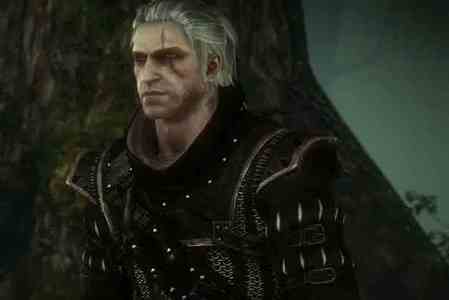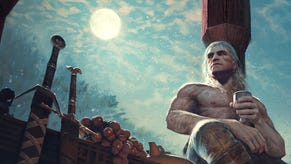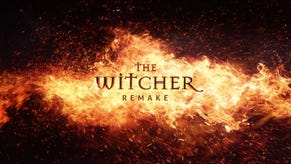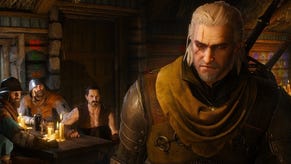GOG.com: Steam sales send wrong message to gamers
"This game, simply put, isn't worth very much."
Digital platform GOG.com has questioned the frequent sales on rival online shop Steam, saying heavy discounting sends the wrong message to gamers.
Managing director Guillaume Rambourg and marketing boss Trevor Longino told Rock, Paper Shotgun that Steam discounts can devalue the games included in them.
"Selling games at too high a discount - one often sees discounts above 80 per cent off here and there - sends a message to gamers: this game, simply put, isn't worth very much," the pair said.
"Of course you make thousands and thousands of sales of a game when it's that cheap, but you're damaging the long-term value of your brand because people will just wait for the next insane sale. Slashing the price of your game is easy. Improving the content of your offer when you release your game, that's more ambitious."
Steam, the biggest PC digital platform, has seen huge success in recent years from its sales, and developers have benefited as a result. Steam's witnessed five million people online at once, and has 35 million active users.
GOG.com, owned by the distribution and sales arm of Witcher 2 developer CD Projeckt, has emerged as an improving contender alongside other rivals such as EA's Origin.
Rambourg said his focus was to convince gamers to fork out their hard-earned cash on the day games are released by adding value - something it believes is better for developers and better for gamers.
"Heavy discounts are bad for gamers, too," he said. "If a gamer buys a game he or she doesn't want just because it's on sale, they're being trained to make bad purchases, and they're also learning that games aren't valuable.
"We all know gamers who spend more every month on games than they want to, just because there were too many games that were discounted too deeply. That's not good for anyone."
Rambourg admitted, though, that sales encourage people to try games they're not sure about. He called for a "happy medium" between the two extremes, something that gives gamers "a chance to take a risk without feeling like they've gotten a bad deal, and pricing things so cheaply that you tell gamers, 'this game I made isn't worth very much.'"
Last month Minecraft maker Markus "Notch" Persson said it was a good thing that Valve's Steam had a serious competitor in EA's Origin.
"I think it's a bit dangerous to only have one digital distribution platform like Steam," he said.
"I love Valve, but out of principle, I find the idea of one platform a bit scary. So I like that there are others competing - for example, Desura and Impulse, who recently got bought by GameStop. It's a good thing that there are more."








